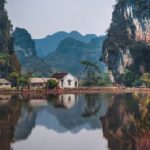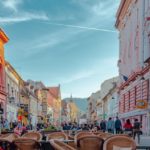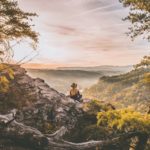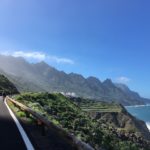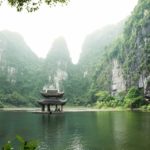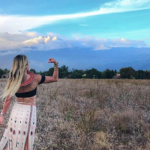Trekking in Army Boots: In Conversation with Jamee Wohle
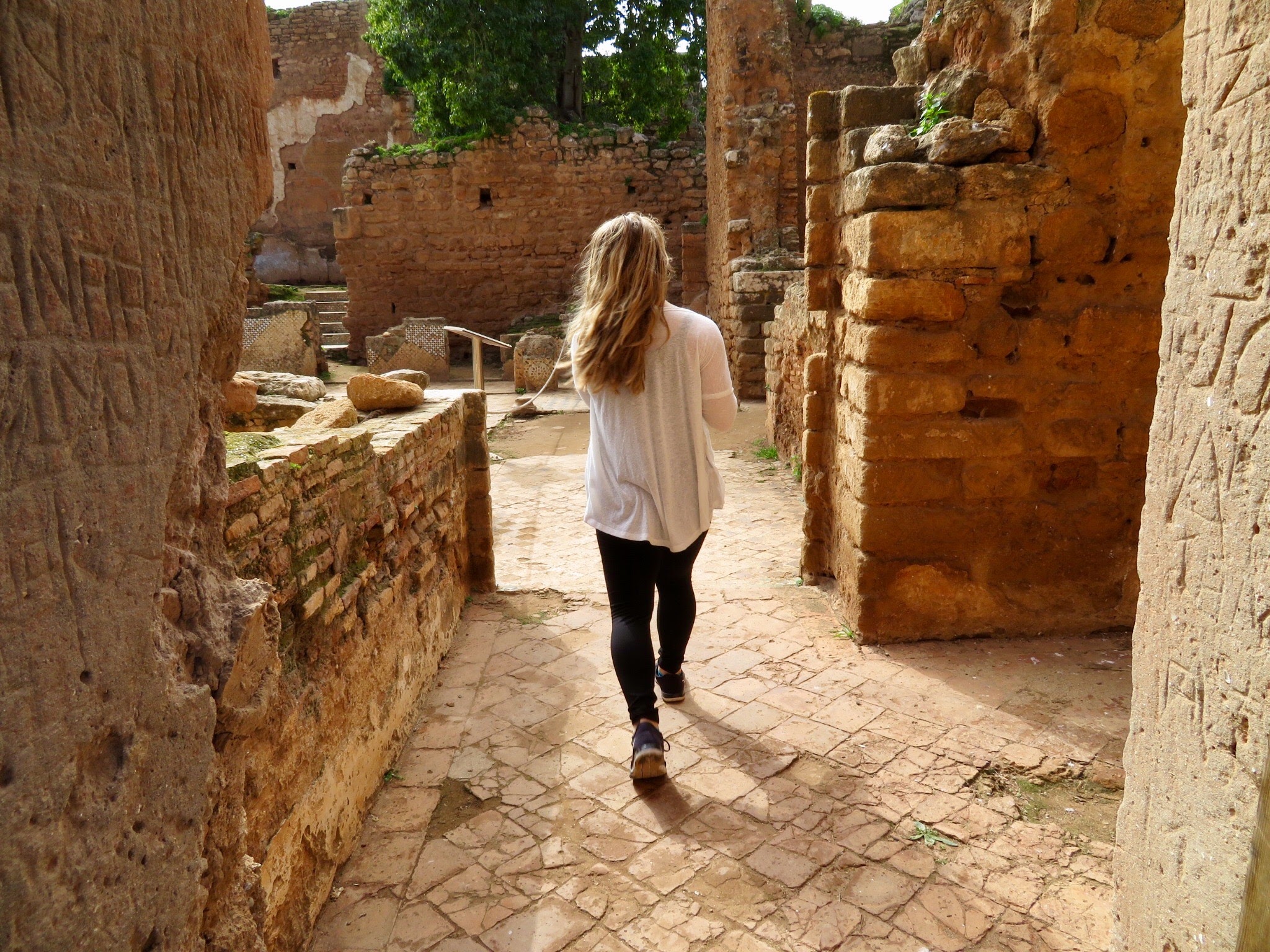
Life is always a balancing act, but it is even more so for people with more than one career. Jamee Wohle treks, works in the US Army reserves, and is a writer. As a reserve for the US Army, Jamee has also been able to pursue her passion for traveling and writing. Jamee’s journey hasn’t been a walk in the park though. She spoke to us about the gender inequalities she’s faced, and we think her insights are truly interesting and helpful for other women travelers.
How do you balance trekking, writing, and working for the army?
I was very blessed in college to travel to multiple countries through language studies and military programs. The minute I heard of an international program, I applied. Many times, I would be faced with a decision to either go abroad, attend an important military training or stay home and work my civilian job. What did I do? Asked my commander if I could take a ‘Leave of Absence’, quit my job and left America.
Recently, I had a similar choice to make. Trek Bali alone or take an amazing financial opportunity from the Army. I had already bought a ticket for three weeks and had been planning out my itinerary, but I knew it was time to make a responsible decision, so I was refunded my ticket and rescheduled the trip for spring.
How does trekking specifically (as opposed to traveling any other way) change your experience?
The military has a way of toughening you up enough to know that our bodies can truly endure anything. You could definitely say my experiences of ten-mile rucks and long-distance runs with weights have given me some perspective of what amount of distance is “too far”. As long as I have a map or GPS on my phone, I have no problem walking to my destination, especially if that means not paying for an Uber!
In most countries I have travelled to, people get around by foot or taxi. Engulfing myself in local transportation methods brought me closer to the people, the culture and the language of the country in which I traveled. This uncovered an array of opportunities to open dialogue with others and truly appreciate the beauty of traveling. There is such satisfaction in trekking to a destination versus by automobile.
What has been the biggest challenge you have faced while traveling? How did you overcome it?
In Morocco, I had begun a routine to go to the gym every morning before class. The gym was a five-minute walk down the road from my homestay family, but when I left in the mornings it was still dark. It also happened to be at the same time as Fajr – the dawn prayer in Islam. Dark silhouettes of men in long robes and pointy hoods walked the same route as me, looking confused by my presence. I was the only woman in the streets, as women did not usually go down to the mosque for this prayer, but stayed home to pray.
I felt very vulnerable doing this as well, but refused to let this fear stop me from my exercise routine! So I would wear a big hoodie and baggy pants to conceal my gender and walked with pepper spray in my fist. I did not think these religious men had any intention to hurt me, but I felt alone, scared and weak.
Could you speak to the differences between solo travel and traveling with a group / partner?
I have still not had the opportunity to travel completely solo, but I am excited to do so very soon! I have traveled with at least one female partner and sometimes in a group (of females). However, it is evident that there is an unspoken precept that women who travel with other women are essentially alone. This is based purely from my experience and I know it can vary from country to country, but I have heard traveling with a male accompaniment is much easier.
As with any adventure, there is a different satisfaction that comes from being alone or being with a partner. I love traveling with others, but I have found deep fulfillment in letting the silence of being solo open new space for soul-searching and self-awareness.
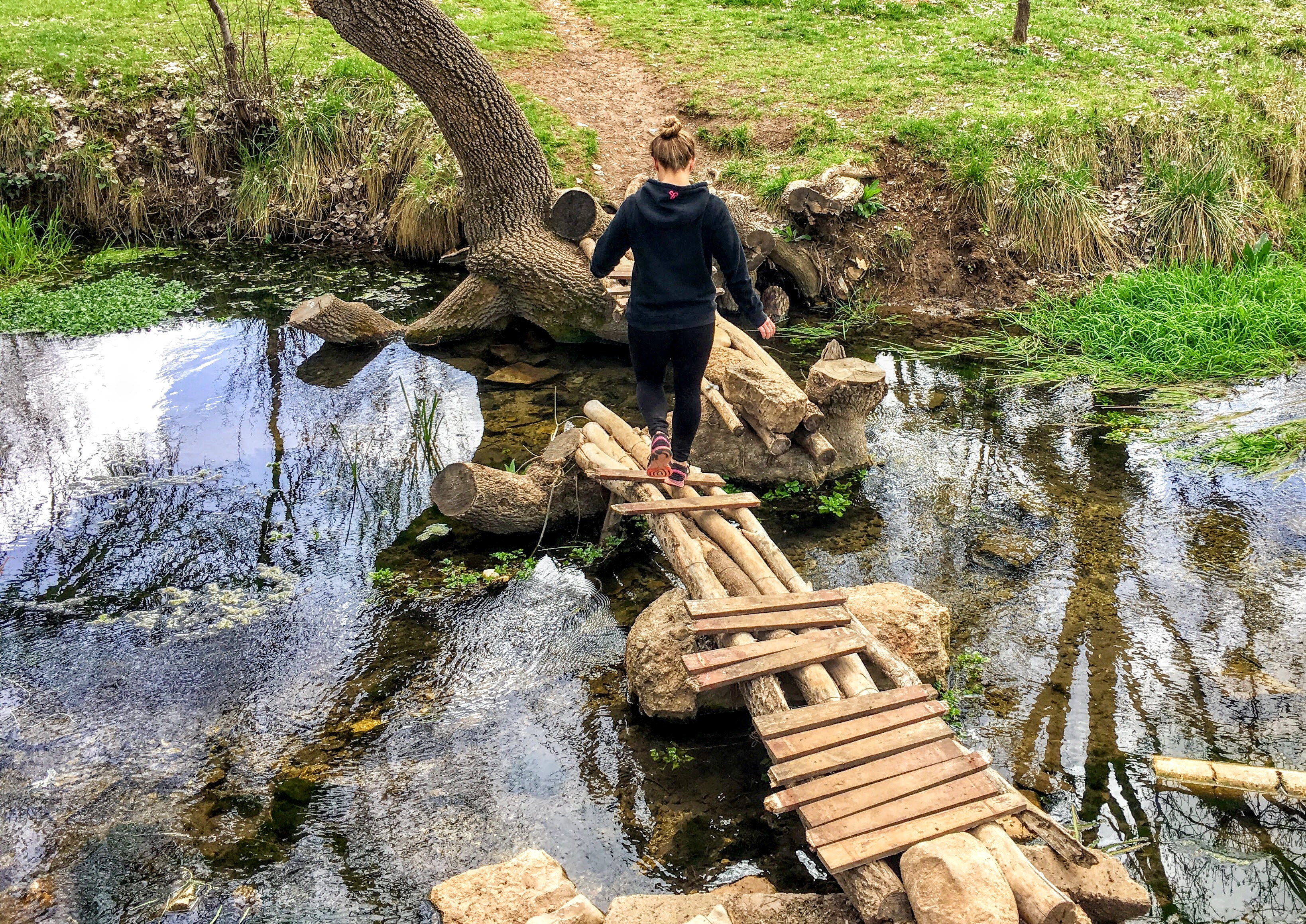
I was really taken by your writing about gender equality and women in the army. Could you share a bit about what its been like for you as a woman in the army?
My personal experience in the army is very limited. I have only been in the military for three years, with most of my time in a training environment. During this short time, I have endured many frustrating experiences operating in a male-dominated organization. However, I am a daughter of a strong military mother who has guided me to stay true to myself regardless of the pressures that being in the military puts on women to act more masculine, avoid being a ‘bitch’, ‘bossy’ and other gendered pseudonyms.
Living in a Man’s World: Women of Saudi Arabia and the U.S. Military was originally my senior capstone paper that I made some hard edits to, cutting out all of my references and statistics to make it more of a creative piece. I knew it would cause some contention and have already faced some backlash since posting it, but I will continue to confront these issues head-on.
Any tips for women considering trekking?
Although this may sound cliché, be safe. As much as we want to believe that women who travel are equally as safe as men, we just don’t live in that world yet. Learn self-defense, buy some pepper-spray, don’t travel in dark alleys at night, but most importantly, don’t let your gender define your adventure.
Photos by Jamee Wohle.

